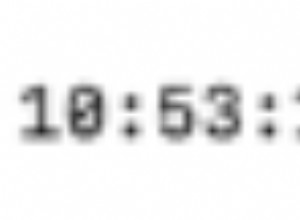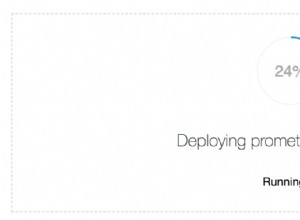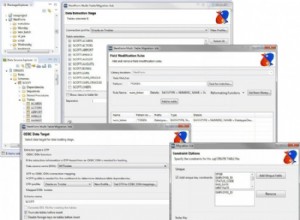ketika Christopher Johnson McCandless dipetakan ke {1}{2} :
kemungkinan kombinasi untuk membentuk dua kelompok adalah:
Christopher JohnsondanMcCandlessChristopherdanJohnson McCandless
kapan cinema tomorrow at night dipetakan ke {3}{4}
kemungkinan kombinasi untuk membentuk dua kelompok adalah:
cinemadantomorrow at nightcinema tomorrowdanat nightcinema tomorrow atdannight
Tulis fungsi PHP keget_possible_groups($string_of_words, $group_count) mengembalikan larik larik kombinasi grup.
dan pernyataan SQL seperti:
SELECT count(*), 'cinema' firstWordGroup, 'tomorrow at night' secondWordGroup
FROM possibleMatchTable
WHERE possible_match IN ('cinema', 'tomorrow at night')
UNION
SELECT count(*), 'cinema tomorrow', 'at night'
FROM possibleMatchTable
WHERE possible_match IN ('cinema tomorrow', 'at night')
UNION
SELECT count(*), 'cinema tomorrow at', 'night'
FROM possibleMatchTable
WHERE possible_match IN ('cinema tomorrow at', 'night');
satu keluaran yang mungkin adalah:
+----------+--------------------+-------------------+
| count(*) | firstWordGroup | secondWordGroup |
+----------+--------------------+-------------------+
| 2 | cinema | tomorrow at night |
| 0 | cinema tomorrow | at night |
| 0 | cinema tomorrow at | night |
+----------+--------------------+-------------------+
mana yang memiliki hitungan 2 (dua kelompok kata) itulah jawaban Anda.
Jika MODEL teks adalah fulltext kolom yang diindeks maka untuk setiap string acak yang diberikan Anda bisa mendapatkan model yang paling relevan seperti:
SELECT * FROM model_strings
WHERE MATCH(model) AGAINST ('Damn you Spar, Kot will kill you.');
kueri mungkin mengembalikan Anda sesuatu seperti:
+----------------------------------+
| model |
+----------------------------------+
| Damn you {1}, {2} will kill you. |
+----------------------------------+
Mengekstrak kata-kata untuk string acak menggunakan placeholder dari Model :
<?php
$placeholder_pRegEx = '#\{\d+\}#';
$model = 'Damn you {1}, {2} will kill you. {3}{4}{5}';
$string = 'Damn you Spar, Will will kill you. I Love it man.';
$model_words = explode(' ', $model);
$string_words = explode(' ', $string);
$placeholder_words = array();
for ($idx =0, $jdx=0; $idx < count($string_words); $idx ++) {
if ($jdx < count($model_words)) {
if (strcmp($string_words[$idx], $model_words[$jdx])) {
$placeholder_words[] = $string_words[$idx];
//Move to next word in Model only if it's a placeholder
if (preg_match($placeholder_pRegEx, $model_words[$jdx]))
$jdx++;
} else
$jdx++; //they match so move to next word
} else
$placeholder_words[] = $string_words[$idx];
}
//Even status will have the count
$status = preg_match_all ($placeholder_pRegEx, $model, $placeholders);
$group_count = count($placeholders[0]);
var_dump(get_defined_vars());
?>
Kode di atas akan memberi Anda nilai seperti:
'placeholder_words' => array (size=6)
0 => string 'Spar,' (length=5)
1 => string 'Will' (length=4)
2 => string 'I' (length=1)
3 => string 'Love' (length=4)
4 => string 'it' (length=2)
5 => string 'man.' (length=4)
'placeholders' => array (size=1)
0 =>
array (size=5)
0 => string '{1}' (length=3)
1 => string '{2}' (length=3)
2 => string '{3}' (length=3)
3 => string '{4}' (length=3)
4 => string '{5}' (length=3)
'group_count' => int 5
- dari sana Anda dapat memanggil
get possible groupings - lalu kueri SQL untuk memeriksa kemungkinan kecocokan yang diizinkan
- kata-kata yang sebenarnya dalam pengelompokan yang diperlukan.
Sayangnya, itu beberapa pertanyaan, eh!




